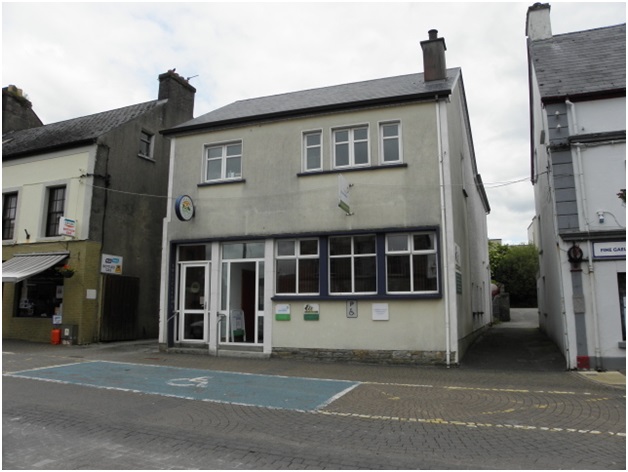Buying a property is likely to be the biggest purchase you will ever make; however, many people know little about conveyancing. Here we take a look at the basics, such as what the process involves, how it works and how long it takes.

Once your offer has been accepted, you will need to instruct a solicitor to complete the conveyancing for you. The solicitor will obtain the title deeds from HM Land Registry and carry out the conveyancing process for you.
Property searches
Searches will be carried out, such as a Land Registry search, environmental searches, a water search and a local authority search. Further searches could be required depending on the results.
Survey
A survey is a key part of the conveyancing process, as it can highlight issues or problems with the property that are not visible during viewings. It is vital that the survey is carried out by a reliable company; for example, if you are looking for a home buyers survey Berkshire, companies such as https://www.samconveyancing.co.uk/Homebuyers-Survey/Home-Buyers-Survey-Berkshire will be able to help.

Mortgage and deposit
Your mortgage company will send a copy of its formal mortgage offer to your solicitor. The deposit is typically 10 per cent of the purchase price and needs to be available and ready to be transferred before you can exchange contracts.
Exchanging contracts
Once all enquiries have been answered and the contracts have been signed by all parties, contracts can be exchanged. This is a crucial point in the process. Once contracts have been exchanged, you are legally obliged to purchase the property and the vendor is obliged to complete the sale. There are plans for the government to trial plans to end gazumping, which would offer more protection to buyers prior to exchange; however, for now, buyers are only protected after exchange.
Completion
On the day of completion, your mortgage company will send the balance for your purchase to your solicitor; for cash purchases, your solicitor will need cleared funds in place. The solicitor arranges for the vendor to receive the payment and pays the outstanding fees. The solicitor will also complete the legal paperwork with HM Land Registry and the title deeds for the house will be sent to the mortgage company.













Comments